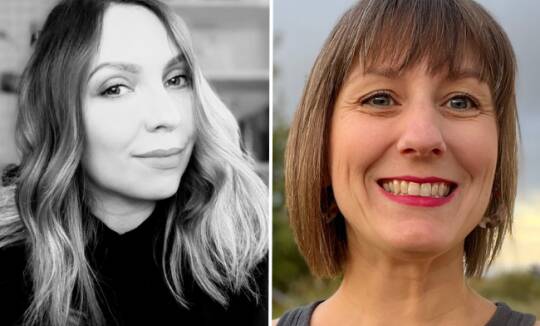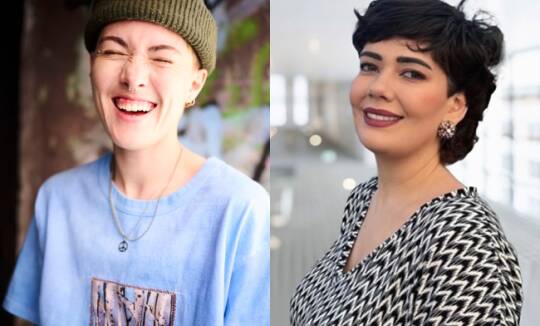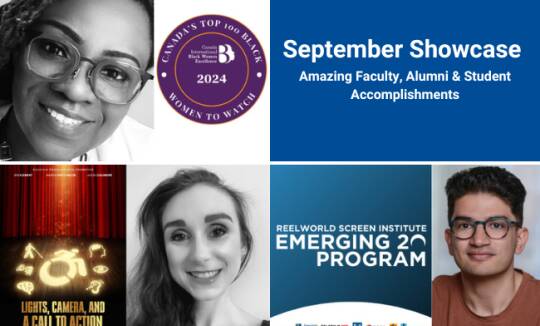Gregg Taylor is the 2015 Valedictorian of the Master of Arts in Counselling Psychology (MACP) program at Yorkville University. In this Question and Answer with Yorkville University Gregg talks about how he stayed motivated during the program and how obtaining his MACP at 52-years-old marks a new era in his career.
YU: Please tell us a bit about yourself? Where do you live, what do you do?
GT: I have lived all across Canada, growing up in the suburbs of Montreal, attending UNB in Fredericton for my undergrad, then Winnipeg, Calgary, and now I live in beautiful Vancouver, BC with my partner Alvin. Having originally obtained a BBA and initially working in marketing and sales, I soon discovered that people-helping was my vocation. I have since had a successful 20+ year career in career and employment counselling, the majority of that time running a successful career development and HR consulting company. I am Past President of the BC Career Development Association, Founding member of the Canadian Council of Career Development, and was Chair of the Career Development Practitioner Certification Committee that implemented the CCDP credential in BC. In 2012, as I returned to school at Yorkville, I made a career shift and now work for FSEAP (Family Services Employee Assistance Programs) as an Account Manager & Workplace Consultant supporting mental health and wellness in workplaces. Since January of this year I now also have a one-day per week private counselling practice. In my personal time I enjoy singing in my church’s Gospel Choir, being active in other social groups, and exploring beautiful BC.
YU: How did you end up enrolling at Yorkville University?
GT: Obtaining a graduate degree in counselling was a long-time goal of mine. I knew Dr. Roberta Neault, the Associate Dean of the MACP program at Yorkville University, from the BC career sector, so when I decided it was finally time to return to school to pursue an Master Degree I spoke to her about the program. I also researched a variety of other school options but, in the end, the format, content, and flexibility of the Yorkville program made it my first choice. I am a working mature student and successfully obtaining my MACP is due in large part to the flexibility, thoroughness and modular format of the Yorkville program.
YU: Yorkville University’s MACP program can be quite rigorous, so when times got tough, what kept you motivated?
GT: I can tell you that I earned my degree at my local coffee shop as it provided a quiet focused space away from home distractions and the TV – not to mention providing fuel (ie caffeine) for my studies. I think the staff would have come to my graduation if it was closer! On a more serious note, it was having the support of my partner, family, friends, and coworkers who encouraged me when times got tough. Also I kept my eye on the prize of achieving the degree and being able to counsel people in more in-depth and expanded ways.
YU: Apart from the course material, what is the biggest thing you will take away from your experience studying with Yorkville University?
GT: Although you don’t get to meet your classmates in person, I had some really rich conversations, dialogues and interactions with others in my courses both within the weekly course discussion forums as well as during group projects and informal conversations. My course cohorts were made up of a diverse range of people with a variety of education and career experiences which made the discussions and interactions even more interesting and engaging. I learned a lot from them.
YU: If you were to offer one piece of advice to someone who is just starting the MACP, what would it be?
GT: Be sure to clear time in your weekly schedule for the required coursework and then protect it – not so much from others as from yourself when you want to say “yes” to other new commitments and well-intended invitations for distracting activities. Not having a physical class to attend means having to create committed space for studies. As well, build in specific times for fitness or other stress relieving routines or practices – my weekly fitness sessions helped me ‘get out of my head’ and kept me grounded.
YU: Now that you have graduated, what are your plans?
GT: Obtaining my MACP degree is the start of a new, expanded era for my career. At age 52, although I have enjoyed a successful career already, I recognized that to stay engaged, employable, and create new options, I needed to obtain a Master’s degree. My MACP and Registered Clinical Counsellor designation will now allow me to expand my scope of practice and also qualify me for positions and roles I would not have had access to before. For my private practice I currently work out of the offices of a United Church in downtown Vancouver – my clients come from within the church, the surrounding community, and my own referral network and include working professionals, students, seniors, and members of the LGBT community, among others. No matter what I do in the future I want that kind of diversity of clients, and for my work to include individual counselling, group facilitation, program development, and public speaking. My personal mission statement is “to create spaces of grace for peoples healing and growth”.






